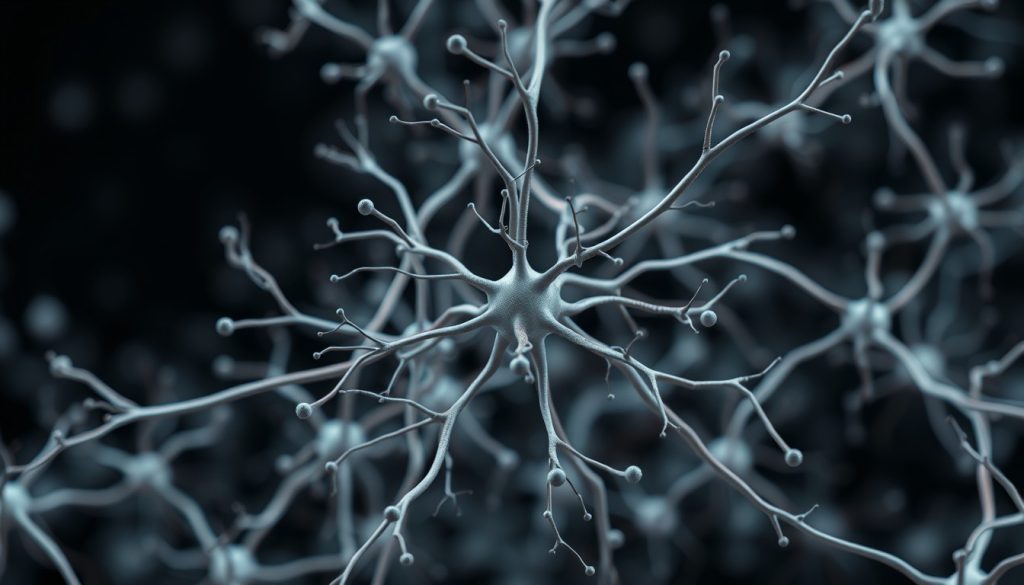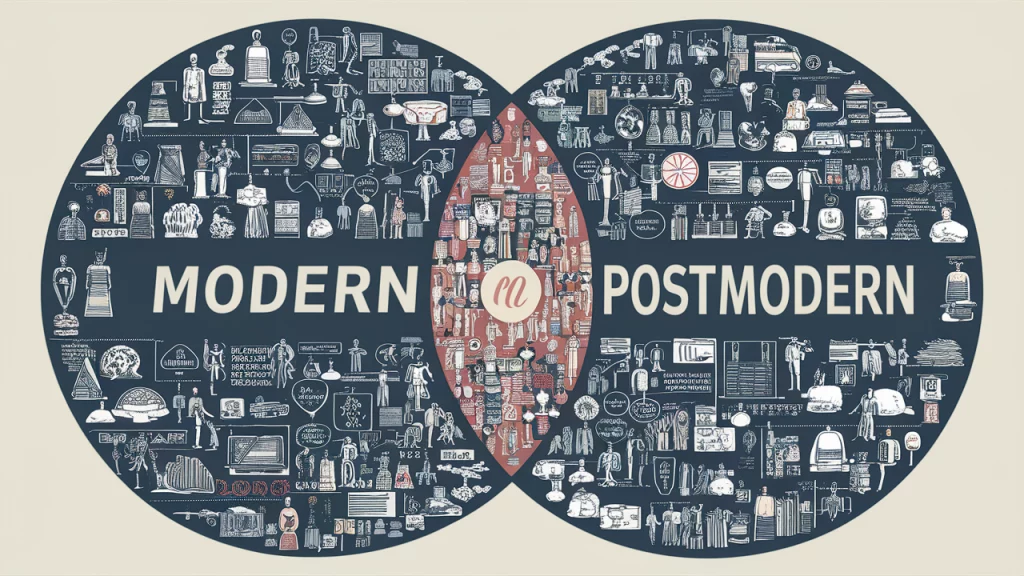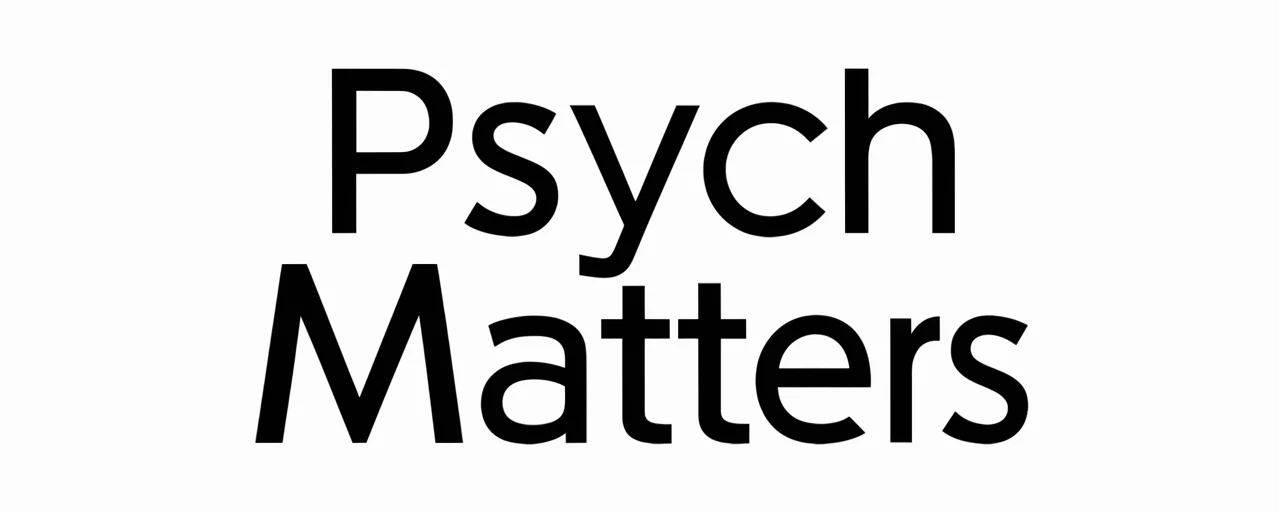The Scientific Nature of Psychology: Bridging Modern and Postmodern Perspectives
Psychology, as a discipline that seeks to understand the human mind and behavior, has long grappled with its identity as a scientific field. The complex nature of its subject matter presents unique challenges that blur the lines between modern scientific principles and postmodern thinking. This article explores the scientific nature of psychology through both modern and postmodern lenses, drawing insights from recent research and considering the implications for the field’s future.

The Experimental Approach in Psychology: A Modern Foundation
Contemporary psychology heavily relies on the experimental method as its primary tool for scientific inquiry. This approach has shaped the discipline’s self-concept as an empirical science, influencing its epistemological and theoretical foundations, research practices, scientific discourse, and teaching methods. The dominance of the experimental method in psychology stems from its roots in the scientific method and positivism, characteristic of modern thinking.

Many psychologists take pride in considering themselves “real natural scientists” due to their use of experiments. This adherence to modern scientific principles has led to significant advancements in our understanding of human cognition, behavior, and mental processes. For instance, cognitive neuroscience has made remarkable progress in mapping brain functions and understanding neural correlates of various psychological phenomena.
However, the question arises: Is this modern, experimental approach sufficient to capture the full complexity of human psychology?
The Postmodern Challenge: Embracing Complexity

Despite its adherence to modern scientific principles, psychology exhibits several aspects that align more closely with postmodern thinking. This is largely due to the unique nature of psychology’s subject matter—the human mind and behavior.
Postmodernism, a philosophical movement that emerged in the 20th century, offers valuable insights into the nature of experimental psychology and provides ideas for improving experimental practices to reflect better the complexities and ambiguities of human cognition and behavior.
The Inherent Postmodern Elements in Experimental Psychology
When we analyze experimental psychology through a postmodern lens, we uncover several inherent postmodern elements:
- Complexity of Phenomena: Psychology deals with a much broader and more heterogeneous class of complex phenomena than the natural sciences. This complexity necessitates a different approach to scientific inquiry.
- Active Construction: Creating phenomena in an experimental setting, generating hypotheses, and interpreting results is not a simple reflection of reality. Instead, it’s an active construction that inevitably reflects the investigator’s preexisting ideas.
- Hyperreality and Simulacra: These postmodern concepts, introduced by philosopher Jean Baudrillard, can be applied to understand how psychological experiments create representations of reality that may not perfectly mirror the phenomena they aim to study.
Case Studies: Free Will and Visual Working Memory
To illustrate these points, let’s examine two areas of psychological research that demonstrate the interplay between modern experimental approaches and postmodern complexities:

Free Will
The study of free will in psychology presents a fascinating case of how experimental methods intersect with philosophical concepts. Recent experiments have attempted to measure the timing of conscious decisions, challenging our intuitive notions of free will. However, these studies also raise questions about the nature of consciousness and decision-making beyond simple experimental paradigms.
Visual Working Memory
Research on visual working memory has led to debates about the nature of mental representations. While some researchers argue for discrete, slot-based models, others propose more continuous resource models. This ongoing debate reflects the fuzzy nature of psychological constructs and the challenges in definitively capturing cognitive processes through experiments alone.
Embracing the Fuzzy Nature of Psychological Constructs
One key insight from the postmodern perspective is the inherently fuzzy nature of theoretical constructs in psychology. Accepting this fuzziness and thinking more along postmodern lines could help clarify many theoretical problems in experimental psychology [^1].
For example, intelligence has been a subject of intense debate in psychology. While traditional approaches have sought to measure intelligence as a unitary construct, postmodern perspectives encourage us to consider multiple intelligences and the cultural context in which intelligence is defined and measured.
Integrating Modern and Postmodern Approaches

Rather than viewing modern and postmodern approaches as mutually exclusive, psychology can benefit from integrating both perspectives. This integration could lead to:
- More nuanced experimental designs that account for the complexity of psychological phenomena.
- Greater emphasis on qualitative methods alongside quantitative approaches.
- Increased awareness of the role of cultural and historical context in shaping psychological theories and findings.
- Enhanced reflexivity among researchers about their own biases and assumptions.
Practical Implications for Psychological Research and Practice
Adopting an integrated modern-postmodern perspective has several practical implications:
- Research Design: Experiments could incorporate more open-ended elements, allowing for unexpected findings and participant perspectives.
- Data Interpretation: Researchers might emphasize individual differences and contextual factors when interpreting results.
- Clinical Practice: Therapists could use evidence-based treatments and narrative approaches, tailoring interventions to individual clients’ unique experiences and cultural backgrounds.
Conclusion: The Future of Psychology as a Science
While psychology continues to strive for scientific rigor, it’s crucial to recognize that its scientific nature is inevitably intertwined with postmodern elements. This is not a weakness but rather a reflection of the complex and multifaceted nature of the human mind and behavior.

By embracing both modern scientific principles and postmodern insights, psychology can develop more nuanced and effective approaches to understanding the intricacies of human cognition and behavior. This balanced approach may well be the key to advancing the field and addressing the unique challenges posed by its subject matter.
As we look to the future, psychology must continue to navigate the delicate balance between rigorous empirical methods and the acknowledgment of inherent complexities in studying the human mind and behavior. By doing so, it can maintain its status as a scientific discipline while also embracing the rich, multifaceted nature of human experience.
Resources
- Mayrhofer R, Kuhbandner C, Lindner C. The Practice of Experimental Psychology: An Inevitably Postmodern Endeavor. Front Psychol. 2021;11:612805. Published 2021 Jan 18. doi:10.3389/fpsyg.2020.612805
- Krakauer JW, Ghazanfar AA, Gomez-Marin A, MacIver MA, Poeppel D. Neuroscience Needs Behavior: Correcting a Reductionist Bias. Neuron. 2017;93(3):480-490. doi:10.1016/j.neuron.2016.12.041
- Avin S, Wintle BC, Weitzdörfer J, et al. Classifying global catastrophic risks. Futures. 2018;102:20-26. doi:10.1016/j.futures.2018.02.001
- Schurger A, Sitt JD, Dehaene S. An accumulator model for spontaneous neural activity prior to self-initiated movement. Proc Natl Acad Sci U S A. 2012;109(42):E2904-E2913. doi:10.1073/pnas.1210467109
- Luck SJ, Vogel EK. Visual working memory capacity: from psychophysics and neurobiology to individual differences. Trends Cogn Sci. 2013;17(8):391-400. doi:10.1016/j.tics.2013.06.006
- Kovacs K, Conway ARA. Process Overlap Theory: A Unified Account of the General Factor of Intelligence. Psychol Inq. 2016;27(3):151-177. doi:10.1080/1047840X.2016.1153946
- Stanford Encyclopedia of Philosophy. Postmodernism. Published March 31, 2005. Updated September 30, 2022. Accessed 2024 Aug 14. https://plato.stanford.edu/entries/postmodernism/
- Stanford Encyclopedia of Philosophy. Jean Baudrillard. Published March 7, 2007. Updated October 19, 2022. Accessed 2024 Aug 14. https://plato.stanford.edu/entries/baudrillard/







